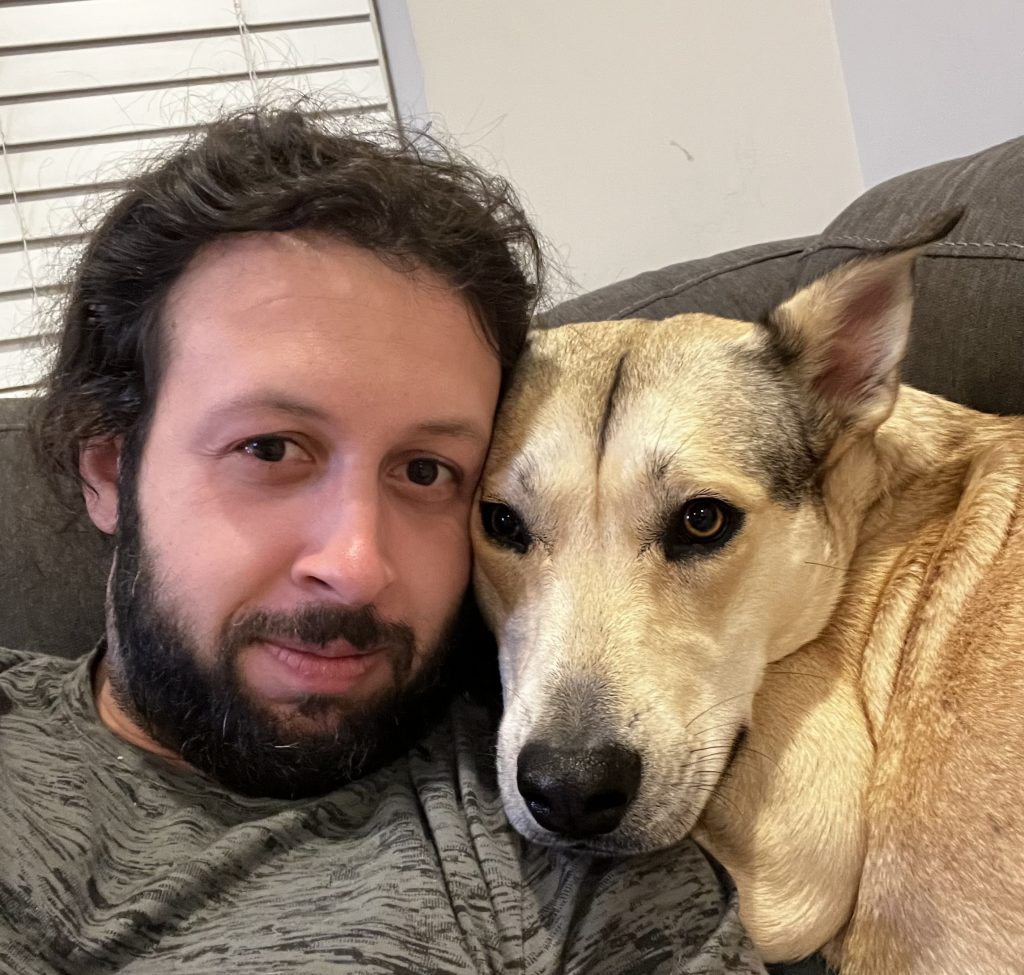By Carter Moss, MSW Student
Cancer pain management often involves a multidisciplinary approach that combines traditional medical interventions with complementary therapies. In this two-part blog series, you will learn more about factors that may contribute to pain and some ways to “turn down the volume” of the pain you are feeling.

Pain is a complex experience impacted by many things that are not the underlying disease or injury that contribute to the pain experience.
Some factors that can influence your experience with pain
- Social health: A person’s social environment can have a significant impact on their experience of pain. A strong social support network can help to lessen the negative effects of pain, while social isolation and loneliness can worsen the experience of pain.
- Neuroscience: The way that pain is processed in the brain can contribute to the experience of pain. For example, changes in neural pathways can lead to increased sensitivity to pain. Certain medications or interventions can target specific neural pathways to reduce pain.
- Biology: Underlying biological factors, such as inflammation or structural abnormalities in the body, can cause pain or make existing pain worse. Identifying and treating these underlying biological factors can help to reduce pain and improve overall health.
- Mental health: Pain can significantly impact a person’s mental health. This can lead to anxiety, depression, and post-traumatic stress disorder (PTSD). Addressing mental health issues can help to reduce the experience of pain and improve overall well-being.
- Environmental health: Exposure to environmental toxins or pollution can contribute to pain and inflammation in the body. Addressing these environmental factors, such as through changes in diet or reducing exposure to environmental toxins, may help to reduce pain and improve overall health.
Overall, a holistic approach to pain management should take into account if these factors are present and how they may impact your pain experience.
Now that you understand a bit more about how pain works, our next entry will focus more on non-medical ways you can try to help manage your pain.
Carter Moss is an MSW student at West Chester University with a field placement at the Abramson Cancer Center. He has extensive knowledge of pain and its impacts through his personal experience recovering from Fibromyalgia.
